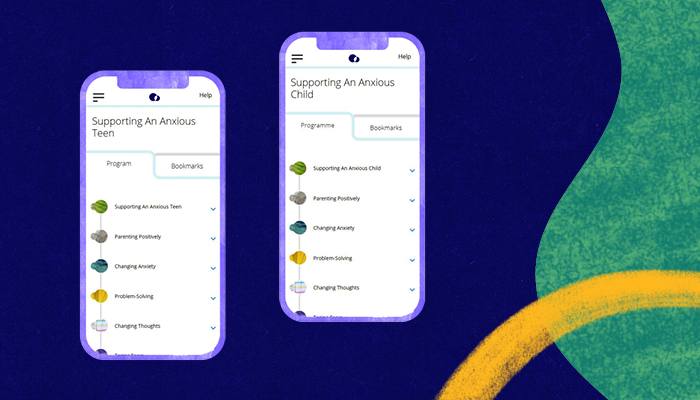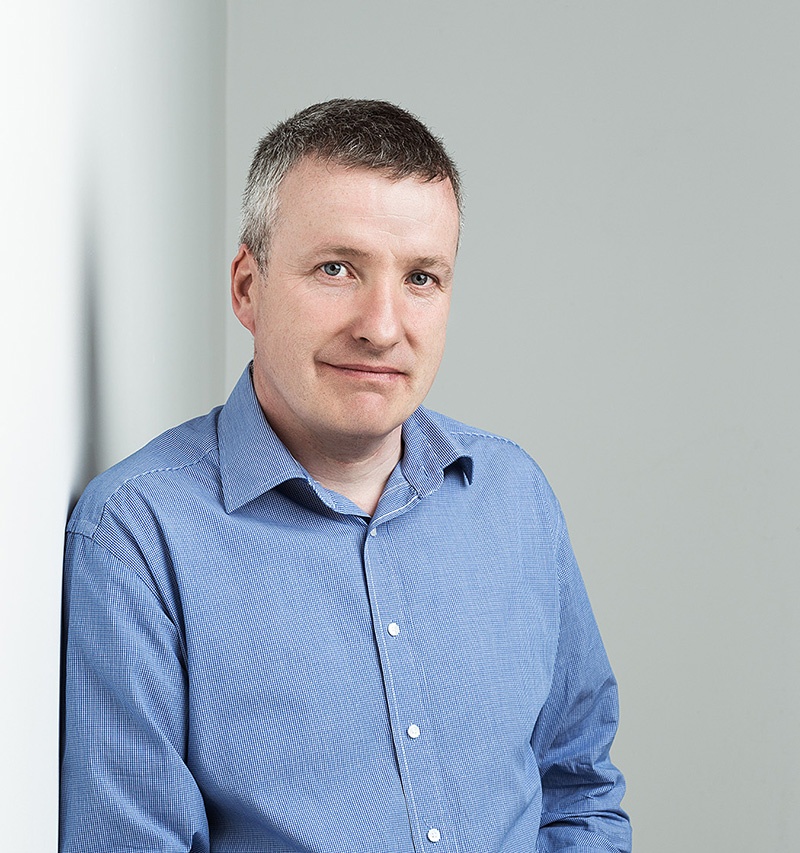
Mental health problems such as anxiety and depression for children and young people are on the rise. Even prior to COVID-19, studies were reporting large increases in a range of mental health problems over the last decade. A 2019 survey of over 18,000 children and young people, found significant increases in depression and anxiety and reductions in self-esteem, optimism, and resilience since a previous survey in 2012. Most significantly the survey found large increases in more serious mental problems with severe anxiety doubling over the seven-year period. The two years of COVID-19 have exacerbated the challenges for children and young people and early indications are that this increase in mental health problems will continue to rise.
Despite these statistics, there is a huge gap in service provision and in the UK, 75% of children and adolescents are not receiving the help they need for their mental health struggles. Online mental health programmes and supports have a crucial role in bridging this gap to reach out to children and young people and their families who need support
Working with parents – the gateway to supporting children and young people
One the key differences in working therapeutically with children and young people is the need to involve their parents, caregivers, and families. For example, treatment is much more likely to be effective when parents or caregivers are involved and attending treatment as well. A large meta-study found outcomes for children attending individual Cognitive Behavioural Therapy (CBT) were greatly enhanced when parents or caregivers also attended a parenting group. Indeed, parenting or caregiver interventions can be successful in helping children overcome mental health problems even without the children taking part. When comparing the impacts, parent/caregiver-focused interventions are likely to be twice more effective than child-focused individual interventions. Further, interventions for the parent or caregiver may benefit them as well. Successful online treatments for children and young people need to provide parallel online programmes for their parents or caregivers as well. In parallel to the Silver Cloud CYP Space from Anxiety programme we have two parenting programmes: Supporting Anxious Children ( 6-11) and Supporting Anxious Teens (12-18.)
Effective design and effective partnership
Partnerships are a key factor in developing Silver Cloud programmes. When developing the CYP programmes, it was important to partner with children and young people and their parents or caregivers as well as the clinicians and services who would be working with them. We want to understand what the children, young people and parents needed from the programmes and we wanted to understand that the clinicians needed to deliver them effectively in their services. Creating focus groups as the programmes were developed and listening to feedback as they were being piloted was crucial to ensure positive outcomes.
The clinicians wanted an evidence-based CBT programme that fits into their service delivery and referral pathways. Most important was having a programme that enhanced their service effectiveness but did not increase their workload. A unique part of the Silver Cloud programme is the role of the online support professional or “coach” who will help to support the patient to progress through the CBT content in the same time it might take to deliver a single CBT face-to-face therapy session, while ensuring outcomes are maintained.
The young people wanted a programme that took their concerns seriously and was tailored to their life concerns. In particular, they did not want to be ‘patronised’ and wanted a programme that reflected the content of the adult programme and was not delivered in a childish way. The parents and caregivers wanted a programme that helped them understand their children’s mental health problems and which gave them practical strategies that they could employ with their children to make a difference. An important part of the parenting/caregivers programme was adapting the tools so parents or caregivers could complete these alone or with their child – we also provided a series of worksheets they could take away to complete with their children away from the programme.








